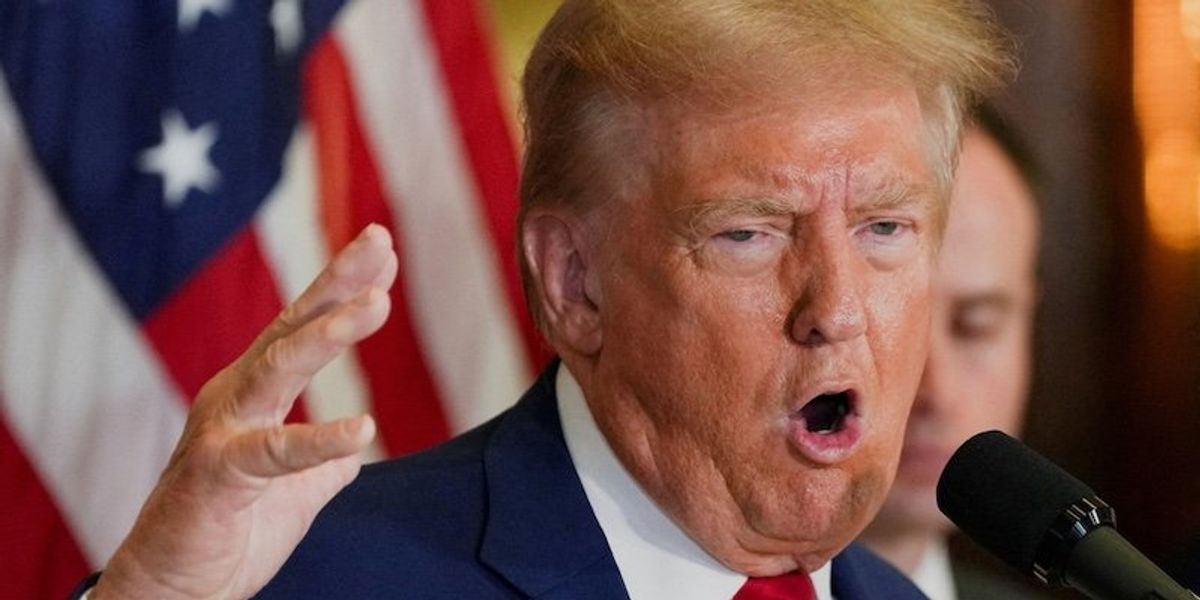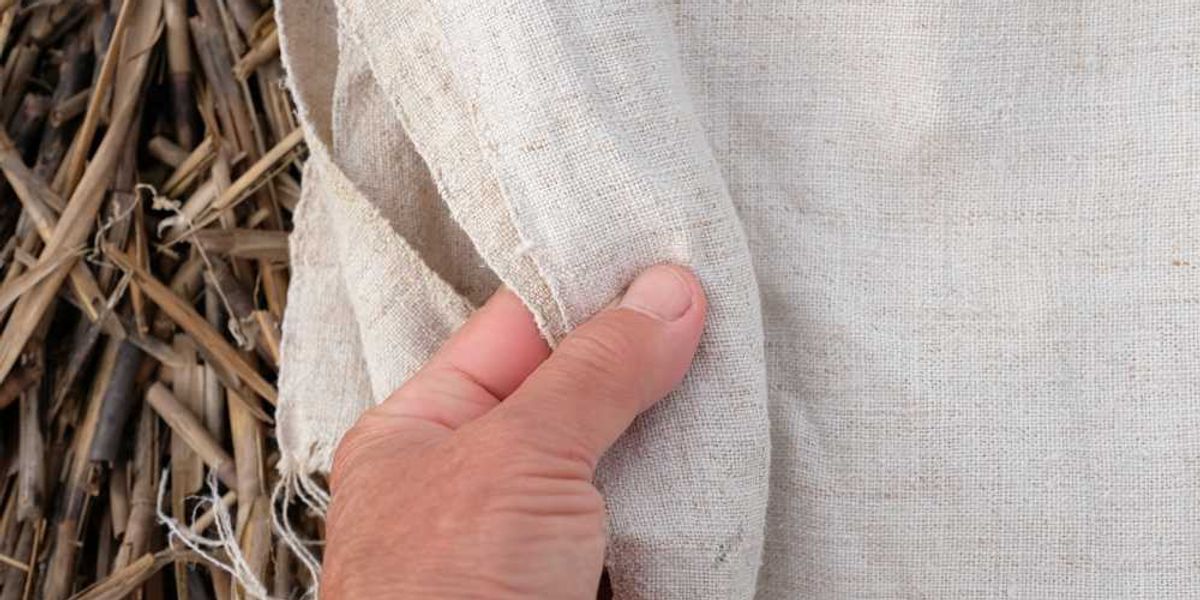Related articles
LIVE: Ex-Fundamentalist REVEALS Hidden Psychology Behind Trump EPSTEIN COVER-UP | The Weekend Show
GOP senator ‘played hardball’ with Trump to force reversal of key nomination

Sen. Tim Sheehy (R-MT) went out of his way to "play hardball" with the White House to get President Donald Trump to back down from his position of pulling Jared Isaacman's nomination for administrator of NASA, Semafor reported on Thursday.
Isaacman, a billionaire entrepreneur and commercial astronaut, is a close friend of tech tycoon Elon Musk, and Trump's initial withdrawal of his nomination was a big factor in the two men falling out spectacularly in public earlier this year. But according to the report, Musk was not the only figure rankled by the change of plans.
Sheehy, per the report, "tried unsuccessfully in May to get President Donald Trump to reconsider his withdrawal of Isaacman’s nomination to lead the space agency. After months passed with still no permanent NASA nominee, Sheehy, a longtime friend of Isaacman, identified a key piece of leverage: the confirmation of a close Trump ally."
Specifically, said the report, "In order to get outgoing personnel chief Sergio Gor quickly approved as US ambassador to India, the president needed all 53 GOP senators to go along. But Sheehy suggested he wouldn’t view Gore’s job of staffing the administration as complete as long as the NASA role was vacant. So Sheehy put a hold on Gor’s nomination in September, a move that has not been previously reported. It didn’t take long to get a response from the White House."
Ultimately, Trump went into talks with Sheehy over the hold on Gor, one of his closest allies. And Trump eventually agreed to re-nominate Isaacman for the NASA position.
This comes after reporting that Transportation Secretary Sean Duffy, currently overseeing NASA on an acting basis, has been maneuvering to try to get the job permanently himself, an issue that caused bitter divisions in the White House.
Governor Hochul Highlights Affordability Initiatives and Investment in Bronx Maternal Health Center
‘Put us out of business!’ Outrage as GOP shutdown provision threatens to end farms

Advocates for hemp on Wednesday decried a provision of the Republican government funding law signed by President Donald Trump that tightens restrictions on the versatile plant—a move critics say will devastate a $30 billion industry.
The new restrictions set a stricter limit on the amount of tetrahydrocannabinol (THC)—the psychoactive chemical in cannabis—in order to close a loophole that allowed for the sale of unregulated food and beverages containing intoxicating hemp-derived compounds.
Twenty-two Democratic senators—including advocates for legal recreational or medical marijuana—joined almost all Republicans in voting against an amendment introduced by Sen. Rand Paul (R-Ky.) to strip out the restrictions from the final bill. Sen. Ted Cruz of Texas was the only other Republican to back Paul’s effort.
THE ONE FUCKING THING JOHN FETTERMAN WAS KNOWN FOR THE MOST IN PA WAS HIS SUPPORT FOR WEED AND HE VOTED TO BAN HEMP https://t.co/OR9NE6MWkD pic.twitter.com/HXXPE4HJ5f
— Appodlachia (@appodlachia) November 11, 2025
“Our industry is being used as a pawn as leaders work to reopen the government,” Jonathan Miller, general counsel for the US Hemp Roundtable, an industry group, warned ahead of the vote. “Recriminalizing hemp will force American farms and businesses to close and disrupt the well-being of countless Americans who depend on hemp.”
Hemp—which is used in a wide range of products from clothing to construction materials to fuel, food, and biodegradable plastics—was legalized under the 2018 farm bill signed by President Donald Trump during his first term.
But lawmakers including Sen. Mitch McConnell (R-Ky.)—who backed the 2018 legislation—argued that cannabis companies are exploiting a loophole in the farm bill to legally manufacture products with enough THC to get consumers high.
Paul, however, ripped the provision, arguing in a Thursday Courier Journal opinion piece that it “destroys the livelihood of hemp farmers.”
“This could not come at a worse time for our farmers,” Paul wrote. “Costs have increased while prices for crops have declined. Farm bankruptcies are rising.”
“For many farmers, planting hemp offered them a lifeline,” he continued. “Hemp can be used for textiles, rope, insulation, composite wood, paper, grain, and in CBD products, and growing hemp helped farmers to mitigate the loses they’ve endured during this season of hardship.”
Paul noted that “the provision that was inserted into the government funding bill makes illegal any hemp product that contains more than 0.4 milligrams of THC per container.”
“That would be nearly 100% of hemp products currently sold,” he said. “This is so low that it takes away any of the benefit of the current products intended to manage pain or other conditions.”
Charles and Linda Gill have grown hemp on their family farm in Bowdoinham, Maine, since the plant was legalized in 2018.
“We are not in the business of these intoxicating hemp products on the market, which are the ones that are screwing it up for everybody,” Charles Gill told Maine Morning Star‘s Emma Davis on Wednesday. “They’re abusing the system.”
“All our current products would be banned,” Gill said of the new restrictions. “It would pretty much put us out of business.”
Hemp defenders vowed to contest the new law.
“The fight isn’t over,” Hemp Industry & Farmers of America executive director Brian Swensen said on X after the law’s passage.
“In 2018, President Trump and Congress legalized hemp, delivering more jobs and opportunities to American farmers and small businesses,” Swensen said, adding that the restrictions “will devastate American farmers, business owners, veterans, and seniors.”
“The hemp ban will also open up dangerous black markets for hemp and allow China to take over the entire hemp market,” he added, claiming “it kills over 325,000 American jobs and destroys the industry.”

